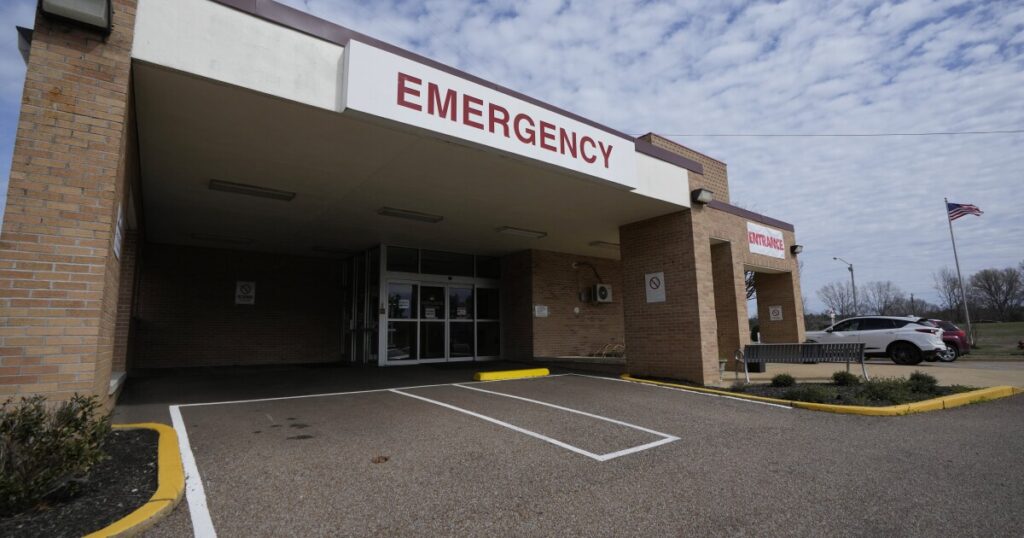NASHVILLE, Tenn. — President Trump’s recently passed budget bill, hailed by the administration as a triumph for tax cuts and increased take-home pay, has sparked significant concern among healthcare advocates. They warn that the bill could leave millions of Americans uninsured and put rural hospitals at risk of closure. The White House, however, maintains that the “One Big Beautiful Bill” will safeguard Medicaid for eligible Americans while eliminating waste, fraud, and abuse.
The administration claims the legislation will fortify Medicaid for those who need it most, including pregnant women, children, seniors, people with disabilities, and low-income families. President Donald Trump expressed confidence in the bill’s progress, stating, “The bill passed, and I think it’s going to do very well in the House. We’ll see how that works out. Looks like it’s ahead of schedule. We’ll see what happens.”
Promises and Pitfalls of the Budget Bill
The bill promises several financial benefits, such as no taxes on tips or overtime, an expanded child tax credit, enhanced border security, and higher wages. In Tennessee, for instance, take-home pay could increase from $7,000 to $11,700. However, healthcare professionals are sounding alarms about the potential negative consequences.
“Whenever you take away health care from a patient, you’re taking away economic security for that patient, and you’re also harming the community by taking away employment opportunities,” said Dr. Amy Gordon Bono, a vocal critic of the bill’s healthcare implications.
The Congressional Budget Office estimates that the Senate bill could leave 12 million Americans without insurance by 2034. The House version shows similar projections, with nearly 11 million potentially losing coverage.
Impact on Rural Hospitals
Currently, 71 million Americans rely on Medicaid for healthcare, and the potential reductions in coverage are causing concern among those in rural areas. Dr. Gordon Bono emphasized the risks to rural hospitals, stating, “This is a betrayal of every American, especially those in rural communities.” Nine rural hospitals in Tennessee, including Vanderbilt Wilson County Hospital in Lebanon, could face closure risks.
Gordon Bono warns that hospital closures could create dangerous gaps in emergency care. “If you are on I-40 in a car accident, if you’re far enough away from health care, you’re losing your life, and that’s a very dangerous place to find ourselves,” she said.
Despite these concerns, Vanderbilt University Medical Center has stated there are no plans to close any of its regional hospitals and is actively seeking ways to expand programs and services at these facilities.
Personal Stakes and Broader Implications
For Dr. Gordon Bono, who grew up in Giles County, the need for rural hospitals is deeply personal. She is urging lawmakers to protect these vital healthcare facilities, arguing, “We as Americans deserve better than what our Congress is putting forth at this very moment in time.”
The White House contends that the bill will remove illegal aliens, enforce work requirements, and protect Medicaid for the truly vulnerable. However, the debate continues as the bill moves through the legislative process, with healthcare advocates and rural communities watching closely.
This development follows a long history of tension between federal budgetary policies and healthcare access, particularly in rural America. As lawmakers deliberate, the stakes remain high for millions of Americans who depend on Medicaid and the hospitals that serve them.
The conversation around healthcare access and economic policy is likely to intensify as the implications of the budget bill become clearer. Meanwhile, communities and healthcare professionals continue to advocate for solutions that balance fiscal responsibility with the urgent needs of vulnerable populations.
